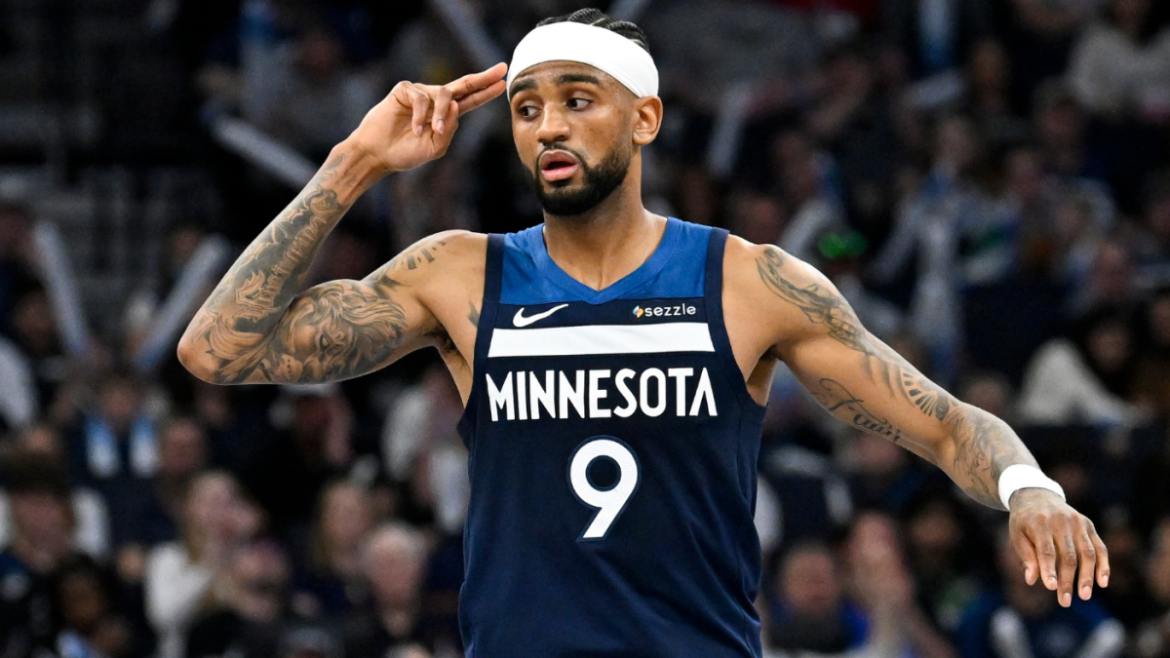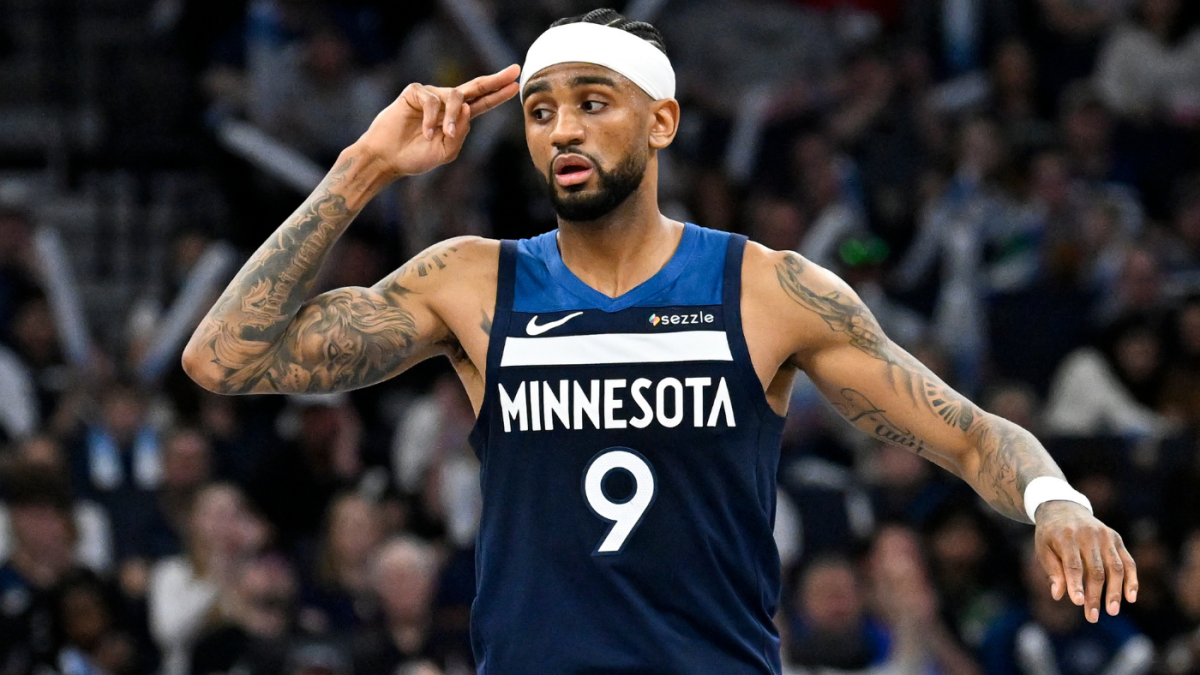The Atlanta Hawks’ acquisition of Nickeil Alexander-Walker in the 2025 NBA free agency period is a testament to the franchise’s strategic vision and financial acumen. This move not only addresses immediate roster needs but also aligns with the team’s long-term goals of building a competitive and sustainable contender. The sign-and-trade deal with the Minnesota Timberwolves, structured over four years and $62 million, underscores the Hawks’ commitment to balancing present competitiveness with future flexibility.
A Strategic Sign-and-Trade
The deal’s financial structure is particularly noteworthy. By utilizing a sign-and-trade mechanism, the Hawks were able to absorb Alexander-Walker’s contract without breaching luxury tax thresholds. This approach leveraged existing trade exceptions, including a significant $25.3 million exception from the Dejounte Murray trade, to optimize cap space and maintain financial flexibility. For the Timberwolves, this transaction allowed them to retain key players like Naz Reid and Julius Randle, prioritizing their core roster over retaining Alexander-Walker. This mutual benefit highlights the growing trend of creative cap management in the NBA, where teams are increasingly using sign-and-trade deals to navigate salary cap constraints and roster needs.
Alexander-Walker’s Impact on the Hawks
Nickeil Alexander-Walker brings a versatile skill set that addresses several of the Hawks’ needs. As a 26-year-old guard, he offers a blend of size, shooting, and defensive capabilities that complement the team’s existing talent. His career trajectory includes notable improvements in three-point shooting and defensive versatility, making him a credible perimeter threat and a reliable defender. For the Hawks, these attributes are crucial in supporting stars like Trae Young and Kristaps Porzingis.
Alexander-Walker’s ability to handle the ball and create off the dribble provides valuable backcourt depth, relieving pressure from Trae Young while maintaining offensive flow. His shooting ability helps space the floor, a critical aspect of modern NBA offenses. Additionally, his defensive agility addresses the Hawks’ past struggles in this area, providing a much-needed boost to the team’s backcourt defense. His versatility allows him to slot into multiple roles, making him a valuable asset during rotations and against diverse opponents.
The Hawks’ Offseason Blueprint
The Hawks’ offseason strategy extends beyond the acquisition of Alexander-Walker. The team has been proactive in reshaping its roster, securing valuable draft assets and making marquee trades. The acquisition of Kristaps Porzingis and the accumulation of draft picks, including an unprotected 2026 pick from the New Orleans Pelicans, indicate a two-pronged approach: immediate competitiveness and long-term flexibility.
This blend of veteran talent acquisition and asset accumulation reflects a strategic vision that balances short-term success with long-term sustainability. The Hawks’ ability to navigate the complexities of the salary cap and luxury tax thresholds while making impactful moves underscores their financial savvy. This approach not only maximizes roster quality but also maintains options for midseason trades or future free agency pursuits, ensuring the team remains adaptable in an ever-evolving NBA landscape.
Comparisons and Broader Implications
The Hawks’ acquisition of Alexander-Walker highlights a broader trend in the NBA, where teams are increasingly employing creative salary cap strategies to build deeper, more flexible rosters. The use of trade exceptions and sign-and-trade deals has become a common tool for navigating the constraints of the salary cap and luxury tax. This trend is evident in the competitive market for mid-level star players like Alexander-Walker, where teams are willing to make bold moves to secure key talent.
For the Hawks, this acquisition solidifies their reputation as a proactive and strategically savvy franchise. It demonstrates their willingness to make bold moves to support their core stars and build a competitive team. For the NBA at large, the deal exemplifies how mid-level star players are becoming pivotal in shaping team fortunes through well-structured contracts and sign-and-trade mechanics. This approach sets a model for other franchises balancing flexibility with competitiveness, influencing the broader narrative of the 2025 free agency period.
Potential Challenges and Risks
While the acquisition of Alexander-Walker presents numerous benefits, it is not without its challenges. One potential concern is Alexander-Walker’s consistency. While he has shown flashes of high performance, he has yet to consistently headline a team’s backcourt. Integrating into a team centered around Trae Young’s playstyle may require adjustment, both on Alexander-Walker’s part and from the coaching staff.
Additionally, the four-year, $62 million commitment is substantial, reflecting confidence but also tying up significant cap space that could affect future maneuvers. The Hawks must ensure that this investment yields the desired results, both in terms of on-court performance and roster cohesion. Potential injuries or dips in form could also impact the Hawks’ overall plans, making it crucial for the team to manage Alexander-Walker’s workload and development carefully.
Conclusion: A Calculated Leap Toward Competitiveness
The Atlanta Hawks’ acquisition of Nickeil Alexander-Walker is a calculated move that underscores the franchise’s strategic vision and financial acumen. By securing a dynamic and versatile guard on a tailored contract, the Hawks are bolstering their backcourt depth and adding a valuable piece to the puzzle that is their competitive future. This move signals more than just a simple signing; it marks a decisive step in Atlanta’s strategic recalibration for sustained contention in a fiercely competitive NBA landscape.
With an eye on both short-term impact and long-term sustainability, the Hawks are crafting a team architecture that balances star power with complementary skill sets. The success of this approach will depend on how well Alexander-Walker integrates, the Hawks’ ongoing roster management, and the broader dynamics of emerging talent and veteran acquisition across the league. As the 2025 free agency period unfolds, the Hawks’ proactive and strategic maneuvers set a compelling precedent for other franchises aiming to build competitive and sustainable contenders.





